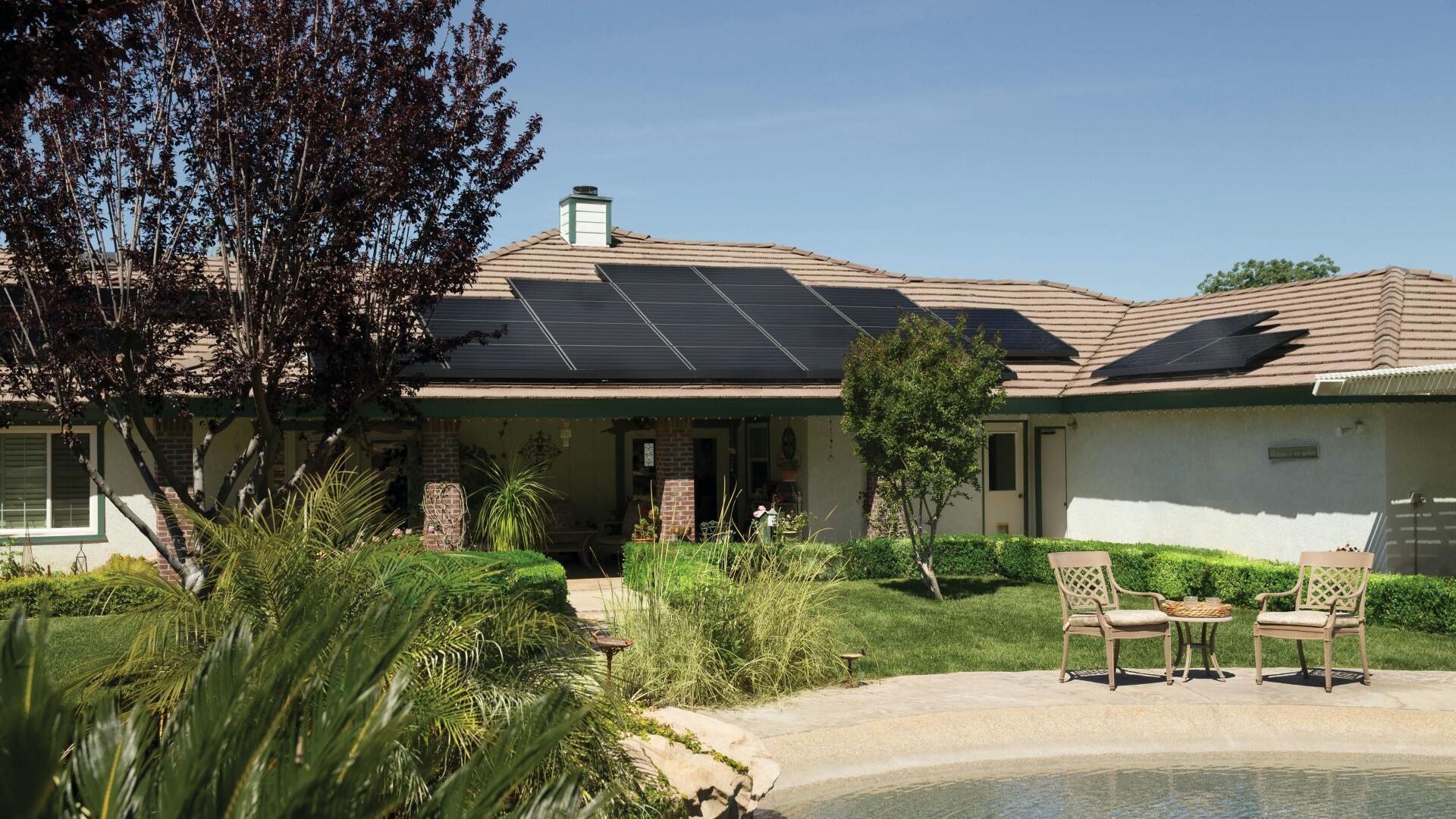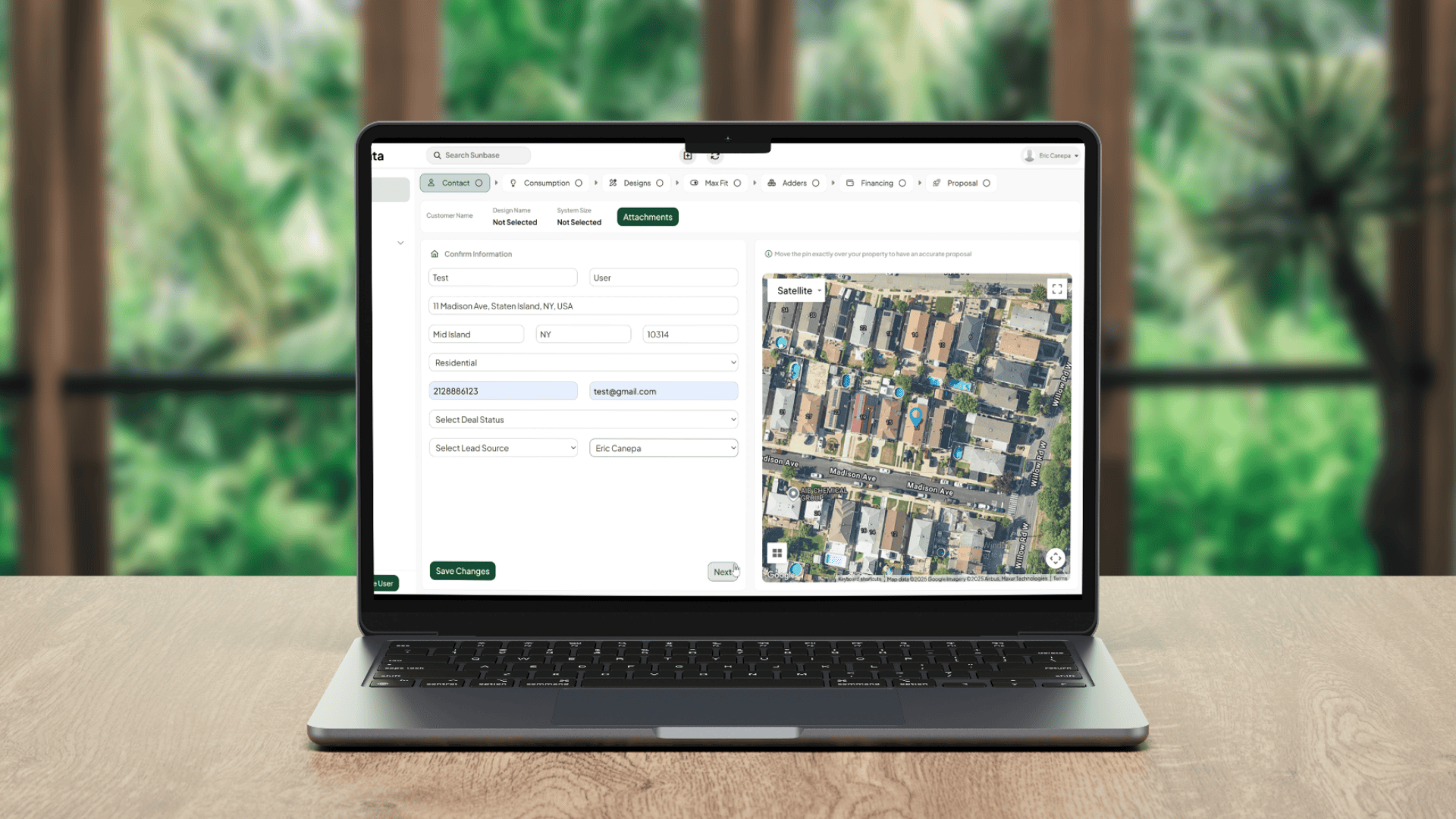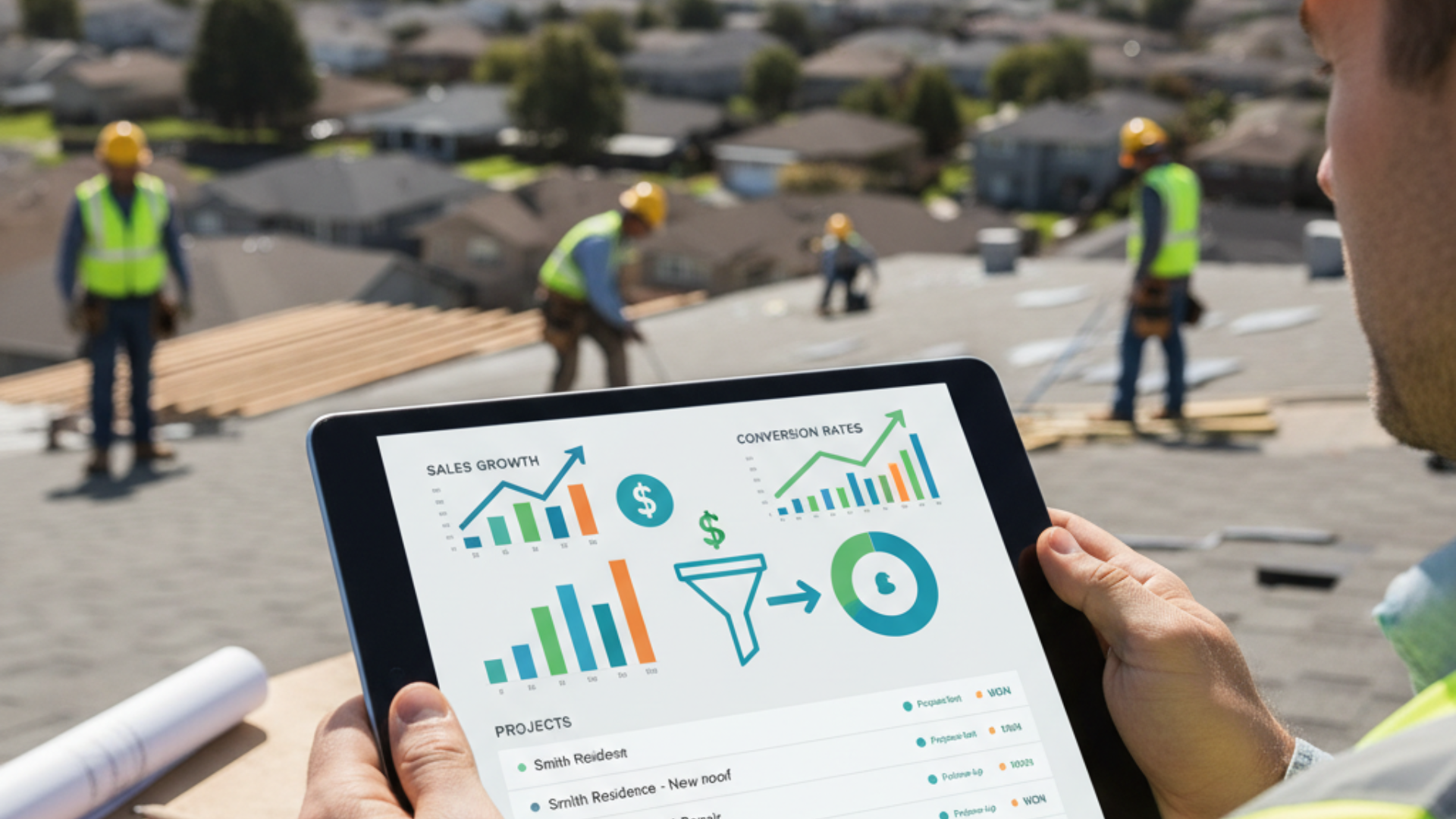September 22, 2023
Are Solar Panels Worth The Cost?
Are you considering investing in solar panels? With rising energy costs and the environmental benefits that come with relying on renewable sources, the prospect of switching to solar power is an attractive one. But are they really worth the high upfront cost? We’re here to help answer this question.
In this blog post, we will explore the financial aspects of going solar—from how much money you can save on your monthly bill to what incentives and rebates are available for installation. We’ll also discuss tax benefits, maintenance requirements, and more so that you can make an informed decision about whether or not installing a home energy system is right for your household budget!
Do you really Save Money with Solar Panels?
The cost of solar panels has come down in recent years, making them a more affordable option for homeowners looking to save on their energy costs. But is it really worth the investment?
The average home with solar will see an electricity bill decrease by 50%. This may not seem like much at first - especially if you're used to paying out high monthly bills without any relief coming from your utility company- but over time these savings add up!
With so many incentives out there now (including tax credits) and new technologies constantly being developed who knows how far this technology could go?
If you’re considering installing solar panels, be sure to do your research first. You should consider the type of system that’s best for your home when considering solar panels. You need to make sure it has enough exposure and determine how much maintenance will affect you financially.
In addition to other factors, such as weather or not there are more practical installation locations on roofs already within range from electricity sources close by (i..e., power lines).
5 Reasons to Opt for Solar Installation on Your Property
Installing solar panels on your property brings a multitude of benefits that extend beyond environmental considerations. Here are five compelling reasons to embrace solar installation:
1. Cost Savings and Energy Independence:
By generating your electricity, you can significantly reduce reliance on your local utility company. This translates into lower monthly electricity bills and shields you from future energy price fluctuations.
2. Environmental Impact:
Solar panels harness the power of the sun, a renewable resource that produces clean energy. By adopting solar energy, you actively contribute to reducing greenhouse gas emissions and diminishing your carbon footprint, in line with the goals of organizations like the Solar Energy Industries Association.
3. Federal and Local Incentives:
Government incentives, including tax credits and rebates, can substantially offset the upfront costs of solar installation. These incentives not only make the initial investment more manageable but also accelerate your journey toward a positive return on investment.
4. Increased Property Value:
Studies consistently reveal that properties equipped with solar panels command higher resale values. Prospective buyers are drawn to homes with reduced energy expenses and environmentally friendly features, making your property a more attractive option in the real estate market.
5. Energy Security and Reliability:
Solar panels empower you with a localized and reliable energy source. This is particularly advantageous during power outages or emergencies, ensuring that you maintain essential electrical services even when the grid is compromised.
Embracing solar installation holds the potential to revolutionize your energy landscape. Beyond financial savings, you join a movement towards sustainable living, aligning with global efforts to combat climate change.
As you contemplate this impactful decision, remember that the support of federal and local incentives further enhances the feasibility of solar panel adoption. Harnessing solar energy not only benefits you but contributes to a brighter, cleaner future for generations to come.
5 Reasons Why You Shouldn't Put Solar Panels on Your Property
While solar panels offer numerous benefits, there are situations where they might not be the most suitable choice for every property. It's important to weigh the pros and cons before deciding whether to invest in solar panel installation.
Here are five reasons to consider if you're hesitant about putting solar panels on your property:
1. If your roof is in poor condition and needs to be replaced soon
It may make more sense to wait until you have a new roof to install solar panels. Solar panels can add to the cost of a roof replacement, so if your roof is nearing the end of its lifespan, it may make more sense to install solar panels at the same time.
2. If you live in a shady or densely populated area
If you're wondering if solar panels work in the shade, they do but not at an optimum level. Living in a populated area or area where your roof is shaded by buildings or trees, you may not get enough sun exposure to make solar panels worthwhile.
Your Solar system needs to be exposed to direct sunlight for optimum performance, so trees and tall buildings can have a negative impact on their effectiveness.
3. If you’re on a tight budget
When looking at a solar panel system, you have to consider whether the expense will be compensated for in future savings. Solar panels are generally a long-term investment.
They come with an upfront cost, but they can significantly lower your monthly utility expenses and last decades. Solar panels may not be the greatest choice for you if you need to cut monthly costs.
4. If you rent your home
There is a chance your landlord will not allow you to install solar panels. You may need their permission before installing any type of long-term investment on the property, so make sure that this isn't an issue by checking with them first!
5. If you plan on moving within the next few years
It may not make sense to invest in a solar system since you won’t get the full benefit of the investment. While solar panels have a lifespan of about 25 to 50 years, they can start to degrade after about 20 years.
Therefore, if you plan on moving soon, you may not benefit from the technology as much as homeowners who stay in their homes longer.
(Worth checking out our guide to selling houses with solar panels here!)
While there are many reasons to consider solar panels, it's important that you do your research first. If in doubt consult an experienced professional who can give advice on which system would be best for your home and budget- whether or not these systems pay off over time!
How much will Solar Panels save you?
There are a lot of solar power system owners who ask 'How much will solar panels save me?'. When calculating the true solar panel cost, it includes all aspects from its initial cost to permitting, installation, optimization, and maintenance as well as required permits such as building and fire code compliance (electrical panel upgrades), structural engineering (roof mounts), and even liability insurance.
It's no surprise that the more complicated and big your solar power system is, the higher your initial costs will be; but those solar panels save more over time through increased energy production and savings on electricity bills.
The average solar panels cost around $37,000. However, it calculates that over an average lifetime of 25 years (declining at 2% per year), a solar panel owner will save approximately $63,500. This amount of solar savings cannot be ignored!
This amount of solar savings is a great benefit, but there are other factors to consider when looking at solar panels. The first is the cost of the system. While the cost of solar panels has come down in recent years, it's still not cheap.
In order to make up for this initial cost, you need to live in a place where you'll get good sun exposure and your energy bills will be high enough to justify the investment.

Solar Leasing VS Solar Investment
Leasing and power purchase agreements (PPA)
One way to avoid those upfront costs is by leveraging large investors to finance the installation of your solar energy systems as well as maintenance and repair, otherwise known as third-party ownership or leasing.
This method has been extremely popular among homeowners looking to have solar power as it allows them to choose a monthly payment plan that best suits their budgets rather than taking on the responsibility of big upfront costs.
With this option, they will also save money in the long run since the owner of the solar energy system usually receives federal tax credits when buying or leasing with third-party ownership arrangements.
Unfortunately, some states do not allow third-party ownership arrangements meaning you must own your own system.
A more common way for people to purchase solar panels is through a power purchase agreement (PPA) where the solar energy company installs, owns, and maintains the system on your property with no upfront costs to you. You simply pay the owner of the panels via a decreased portion of your electricity bill that reflects the amount of energy produced by those panels.
This arrangement is very popular with businesses that want to increase their green footprint or use clean energy without large capital expenses. However, there are consequences if they stop paying.
Buying solar panels
An alternative to leasing or PPAs is buying your solar panels outright which will require a larger upfront investment but result in complete ownership of the system and all the benefits that come with it (such as federal tax credits).
This option is best for businesses or homeowners that plan on being in their current location for a significant amount of time or those that want to maximize their return on investment (ROI) since they will be able to sell any excess energy back to the grid.
It's important to note that, depending on your state, you may not be able to sell energy back to the grid as it's currently not legal in some states.
How to calculate the estimated payback period of solar panels?
When assessing the viability of solar panel installation and determining whether it aligns with your financial goals, calculating the estimated payback period becomes a crucial step.
The payback period represents the time required for the accumulated savings generated by the solar system to equal the initial investment made in installing the panels.
To compute the estimated payback period for solar panels in the United States, the following information needs to be considered:
Average Electricity Price in Your State:
Research and identify the average cost of electricity per kilowatt-hour (kWh) in your specific state.
Size of Your Solar Panel System:
Determine the capacity of your solar panel system, usually measured in kilowatts (kW) or megawatts (MW).
Annual Sunlight Exposure at Your Location:
Understand the amount of sunlight your location receives throughout the year. This data influences the energy production of your solar panels.
Cost of the Solar Panel System:
Calculate the total cost of acquiring and installing the solar panel system on your property.
Federal Tax Credit for Solar Energy Systems:
Consider the available federal tax credit, typically around 30%, which reduces the initial cost of the solar panel installation.
With these variables in hand, use the following formula to estimate the payback period:
Payback Period = (Cost of Solar Panel System - Federal Tax Credit) / (Average Price of Electricity x Annual Sunlight Exposure)
For instance, if you reside in a state with an average electricity rate of $0.12 per kWh, your solar panel system costs $10,000, and your annual sunlight exposure is sufficient for efficient energy production, your payback period could be calculated as follows:
Payback Period = ($10,000 - ($10,000 * 0.30)) / ($0.12 x Annual Sunlight Exposure)
Please note that this calculation provides a general estimation and that several factors can influence the actual payback period. The size and type of solar panel system, local sunlight patterns, energy consumption habits, and evolving tax incentives all play a role in determining the actual financial returns from your solar investment.
As of now, federal tax credits can significantly reduce the initial cost of solar panel installation, making it a more financially attractive choice for those interested in adopting renewable energy solutions. However, it's essential to remember that these credits may change over time due to evolving government policies and regulations.
Conclusion
Solar panel systems are worth it! A Solar system is a great source of green energy to power our homes and businesses, however, there are some limitations in the current solar technology. The payback period for installation is an important factor in determining whether it's worth it or not and can vary depending on your location and system size. We hope this article gave you insights about " Is solar energy worth it? "
Thank you for reading this article. If you like this post then please share it with your friends and family.
About Sunbase
Sunbase helps solar companies succeed through a suite of Solar CRM tools! If you are a solar company, book your free demo or an appointment by contacting us here!
One Platform. Zero Chaos. Run Your Entire Business in One Place.
Sunbase replaces your CRM, proposals, scheduling, job tracking, and reporting tools — all inside one clean, connected platform.
About Sunbase
The All-In-One Platform to Run Your Entire Business
Sunbase helps you organize operations, streamline daily workflows, and manage everything - from first customer contact to final project deliver- in one connected system.
Our Mission
- Organize your business.
- Optimize your workflow.
- Automate what slows you down.
Why Businesses Choose Sunbase
One Connected Workflow
Replace scattered tools and manual processes with a single platform that brings together your team, tasks, customers, jobs, and performance data.
🌎 Global Presence
Serving the United States, Canada, India, LATAM, Australia, and 10+ international markets.
👥 11,000+ Users
Trusted by contractors, installers, project managers, sales teams, and field technicians.
🏗️ Built for All Sizes
From small contracting teams to fast-growing enterprises, Sunbase adapts to your workflow.
Useful Links For You
Stop Managing Your Business Manually. Automate It.
Sunbase automates workflows, reduces mistakes, and helps your team get more done - without hiring extra staff or juggling multiple tools.











